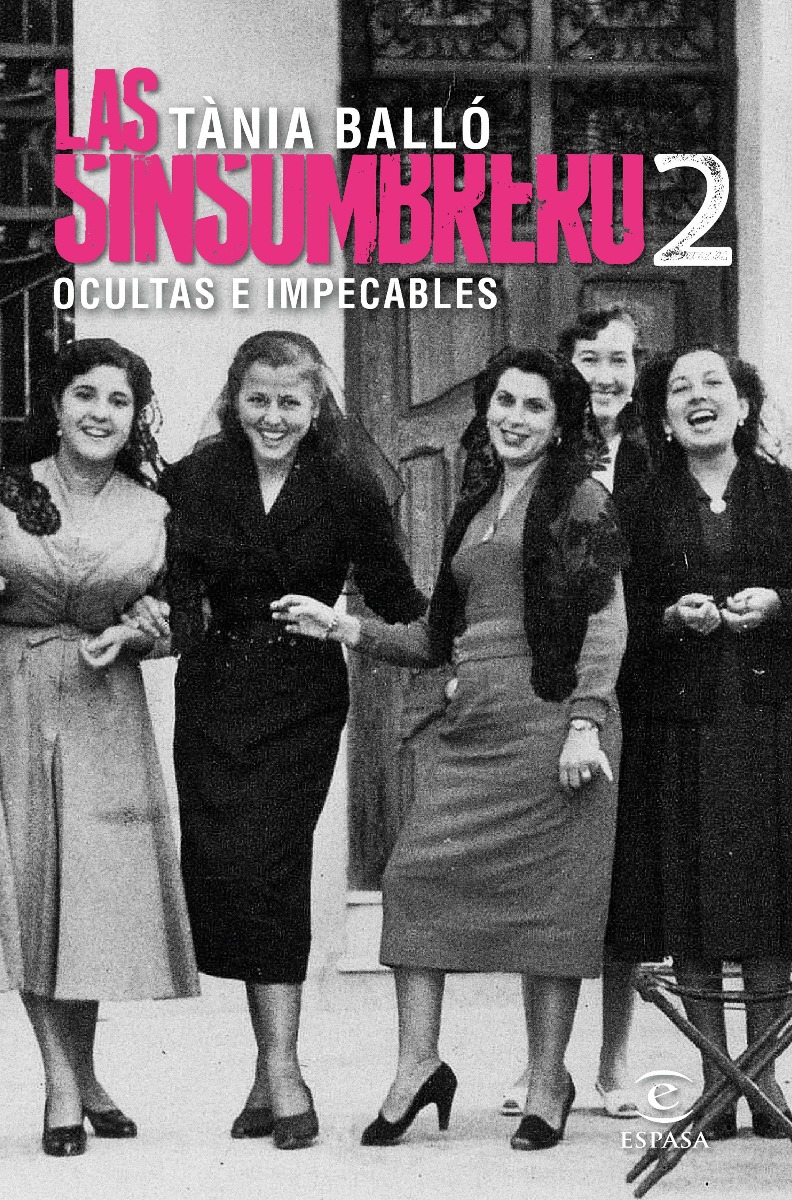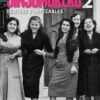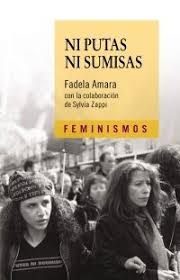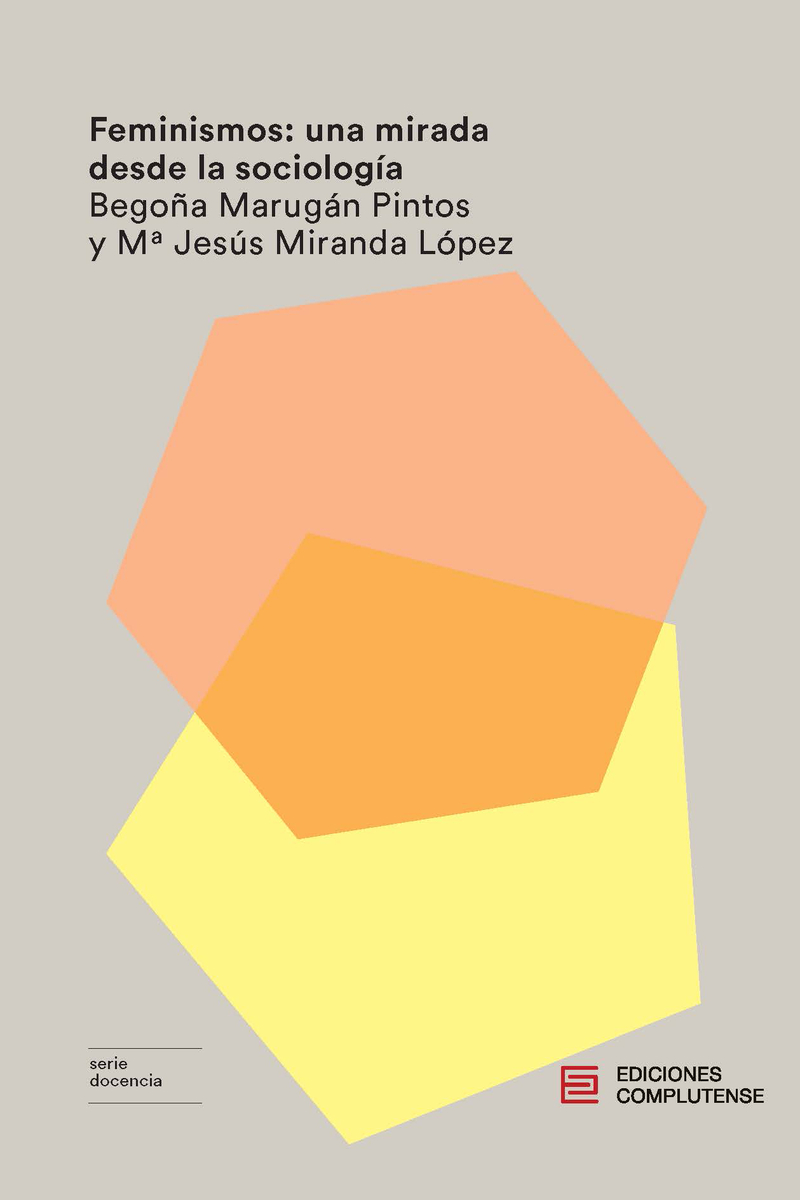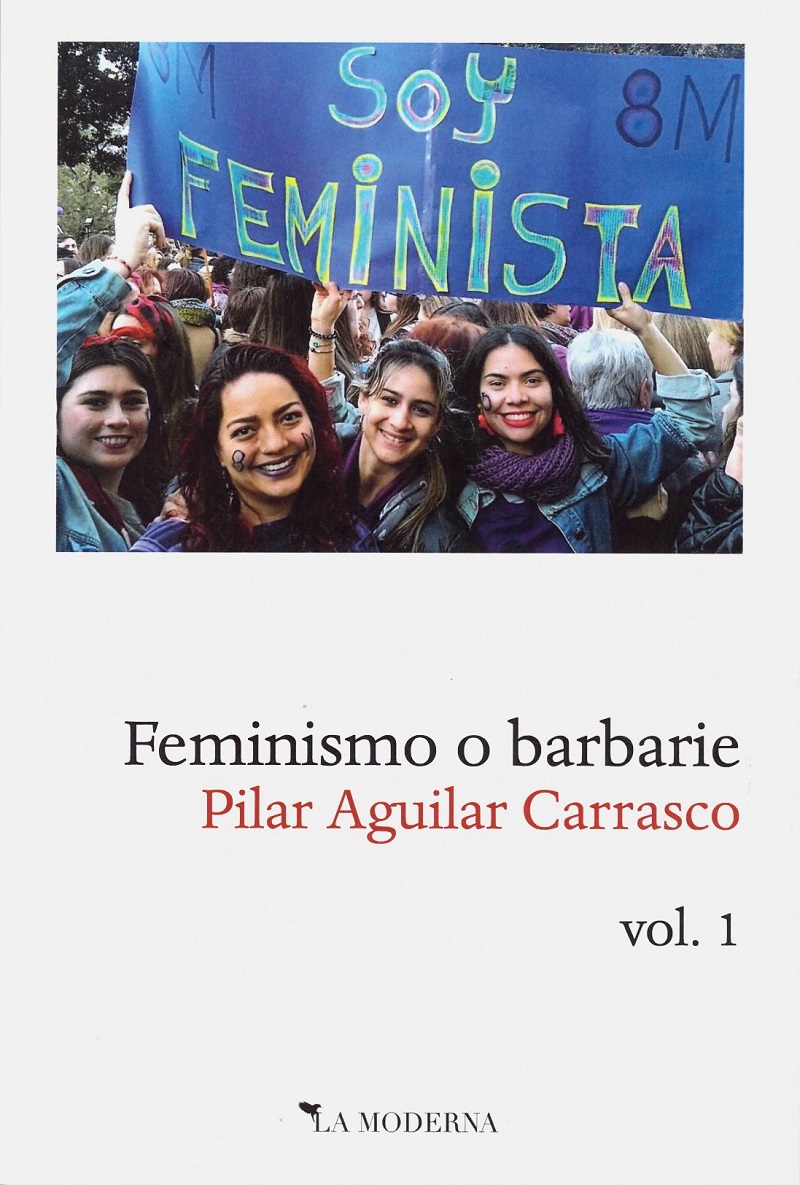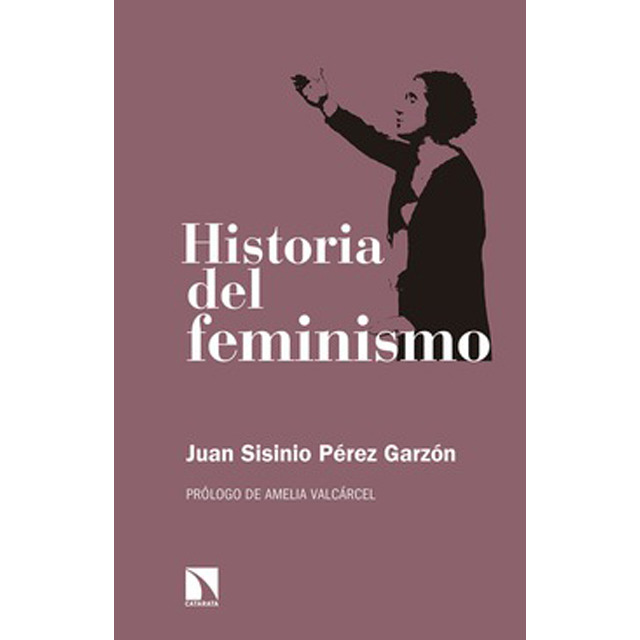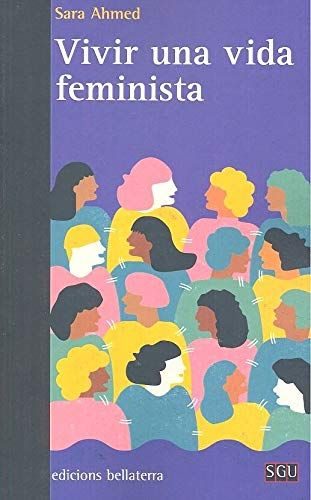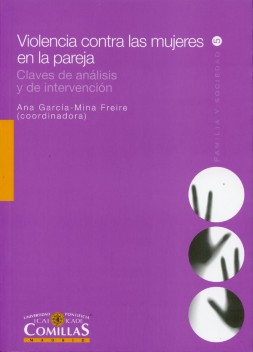Ocultas e impecables recupera el legado y los avatares de aquellas Sinsombrero (las intelectuales y artistas de la Generación del 27) que por diversas razones tuvieron que acomodarse al papel que les deparaba el franquismo. Mientras sufrían el terrible exilio interior, desde un ostracismo casi absoluto, fueron capaces de asumir una labor que ha sido fundamental en la historia social, política y cultural de nuestro país. Un país que nunca las reivindicó.
Estas mujeres beligerantes, curtidas, brillantes cada una en su disciplina, se adaptaron a las circunstancias para lograr ser quienes querían ser, aun bajo otras identidades o asumiendo una doble vida, una de cara a la sociedad represiva, pacata e impecable, y otra libre pero oculta.
Tània Balló, quien continúa con su proyecto sobre las Sinsombrero, trae a este libro las vidas de siete mujeres formidables: Carmen Conde, Margarita Ferreras, Delhy Tejero, Rosario de Velasco, Consuelo Berges, Lucía Sánchez Saornil y Elena Fortún. Con su fe inquebrantable en el futuro, su trabajo y su ejemplo, ellas y otras muchas anticiparon, e hicieron posible, a las mujeres de hoy.
Preface
Introduction to the Research Handbook on Feminist Jurisprudence
Robin West
PART I FEMINISM AND LEGAL THEORY: VARIETIES OF FEMINIST LEGAL THEORY
1. In Defense of Liberal Feminism
Sylvia A. Law
2. Catharine A. MacKinnon and Equality Theory
Chao-ju Chen
3. Relational Feminism and Law
Robin West
4. The Limits of Equality: Vulnerability and Inevitable Inequality
Martha Albertson Fineman
5. Socialist Feminist Legal Theory: A Plea
Cynthia Grant Bowman
6. Critical Race Feminism
Dorothy E. Roberts
7. Postmodern Feminist Legal Theory
Laura A. Rosenbury
8. Feminism, Sexuality and the Law
Nan D. Hunter
PART II: FEMINIST LEGAL THEORY AND CRIMINAL LAW
9. Sexual Agency and the Unfinished Work of Rape Law Reform
Deborah Tuerkheimer
10. Sexual Violence and the Law in India
Nivedita Menon
11. Violence Against Women and Liberal Sexism
Victoria Nourse
12. ‘Some Gentle Violence’: Marital Rape Immunity as Contradiction in Criminal Law
Ngaire Naffine
PART III: FEMINIST LEGAL THEORY AND REPRODUCTIVE RIGHTS
13. Reproductive Rights and Justice: A Multiple Feminist Theories Account
Lisa C. Ikemoto
14. Against Roe Exceptionalism: Degendering Abortion
Noya Rimalt
PART IV: FEMINIST LEGAL THEORY, SEX DISCRIMINATION AND SEXUAL HARASSMENT
15. Sexual Harassment Law: An Evolution in Theory, Scope and Impact
Kimberly A. Yuracko
16. A Dignitarian Feminist Jurisprudence with Applications to Rape, Sexual Harassment and Honor Codes
Orit Kamir
17. Sex Equality, Gender Injury, Title IX and Women’s Education
Katharine K. Baker
PART V: FEMINIST LEGAL THEORY AND CONSTITUTIONAL LAW
18. The Gendered Jurisprudence of the Fourteenth Amendment
Julie A. Nice
19. Beyond ‘Free Speech for the White Man’: Feminism and the First Amendment
Mary Anne Franks
PART VI: FEMINIST LEGAL THEORY AND PRIVATE LAW
20. Feminist Legal Theory and Tort Law
Martha Chamallas
21. Feminism and Contract Law
Hila Keren
22. How Feminism Remade American Family Law (and How It Did Not)
Susan Frelich Appleton
23. Feminism and Family Leave
Julie C. Suk
PART VII: FEMINIST LEGAL THEORY AND INTERNATIONAL LAW
24. International Law and Feminism
Adrien K. Wing
25. The State’s Due Diligence Obligation
Irem Caglar and Berna Akcali Gur
Index
Tània Balló (Barcelona, 1977) es productora y directora de cine. Estudió en el Centre d’Estudis Cinematogràfics de Catalunya (CECC) y cursó un posgrado sobre Documental, Investigación y Desarrollo en la Universidad de Nueva York. Sus primeros proyectos fueron dos obras colectivas, 200 Km. (2003), presentada en el Festival de San Sebastián, y Entre el dictador y yo (2005), un film donde varios directores nacidos tras la muerte de Franco reflexionan sobre su memoria perdida. Produce también el film argentino Infancia clandestina (2013), de Benjamín Ávila, largometraje de ficción estrenado en Cannes. Posteriormente aborda la producción y la codirección, con Serrana Torres y Manuel Jiménez-Nuñez, de Las Sinsombrero (2015) un proyecto transmedia coproducido por TVE que logra amplia repercusión social. Su siguiente film documental, Oleg, dirigido por Andrés Duque, se estrenará en la sección oficial del Festival de Rotterdam 2016.


